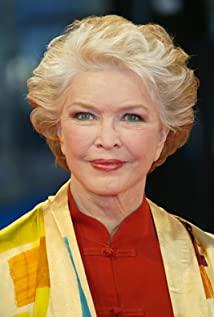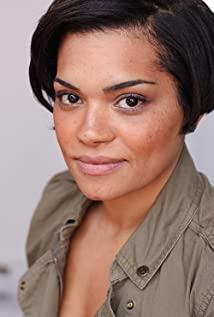One of the bloggers who first became interested in this movie mentioned the childbirth scene inside. She gave a very lively speech. She wanted to retaliate with her just watching it in front of the screen. Sure enough, the scene did not disappoint me. Although I didn't want to vomit, Vanessa almost vomited the lungs and her screams would not disappear from my mind in a short time.
The childbirth scene is suffocating; yes, but in fact, the first scene of buying a car at the beginning is already suffocating. Unsurprisingly, the suffocation almost runs through the entire film: not only the setting of the plot and the depiction of the shots, but the construction of the relationship between the main characters itself is tingling and uncomfortable for the scalp. Husband and mother-in-law, husband and Martha, Martha and mother, the peace in the first 30 minutes was just like a film that broke. I thought that breaking the film would stabilize the low pressure in the film before the heavy rain, but what I waited for was not a refreshing face, but a tug of war that would kill each other's patience and mutual torture. Martha became fragmented after losing her child; everyone, including herself, held a small piece of her. Someone squeezed and insisted on her own way to put her together again; someone just squeezed her carelessly, almost crushing her into pieces; she squeezed the biggest piece by herself, standing on the spot at a loss. Land fell into personal pain.
In the hour between the death of the child and Martha and the mother’s "respect and honesty", several conflicts ended in an unstoppable situation. This may be one of the reasons for the depression and suffocation that I can empathize with; The quarrel about the inscription ended with Martha unilaterally leaving. After Martha accidentally discovered that her husband was cheating, she went out to hunt for porn and failed to make the last step. When she went home, she faced the blame of her husband who had been swollen or drunk, but just pressed the cigarette. On the pillow. But her anger was accumulating like pain, and finally broke out in the scene of the family gathering. I like the conversation between Martha and her mother when she quarreled. She said "That is my body" and then emphasized, "I am facing it." Face this pain, not just as a mother who lost her child. As an independent personality, she is captured by the network of social, social circle, and family pressures she faces under such circumstances. How can she break free? In fact, I hope that Martha can wake up after being completely broken (I thought the apple core is a metaphor), but in the end she was awakened by her mother as a breakthrough in her motherhood; from here on I was a little disappointed. No, because the director’s comprehensive analysis of the female plight is over, the rest of the process just emphasized maternity to promote Martha’s self-repair, and the performance went to the last ten minutes properly.
That hapless last ten minutes.
Ever since a little girl came into the mirror, I called it bad, but there was still a hint of illusion in my heart: it may be a memory of Martha when she was a child, and finally restore her complete personality; as a result, ah, no, she finally had her own. Child, there is also a fertile apple tree.
This "Happy ending" seems to me to be superfluous. It can be reconciled with the pain of losing a child. In my opinion, it is already a very complete and very good (too good for me to say) ending. Why do we have to add it? She still has a child, as if she is emphasizing happiness. For Martha, who once lost a child, has a child? In this case, I feel that the last ten minutes of filming are purely redundant, so I should stop at when she recalls the past with her mother and sister. As for her future, no one knows and should not be limited to a specific one. Looks like. Moreover, under such a single ending, the heroine does not seem to be reconciled with the previous pain, but internalizes the pain and becomes a knot; only the last complete ending is needed to imply, only this way , She can finally put it down.
It is the film’s understanding of women’s suffering that differs from my understanding; I think the film only emphasizes the role of motherhood in a one-sided manner, as if the pain of motherhood is digested, women can get out of the predicament. This may be the case in the director's imagination, but is it really possible?
View more about Pieces of a Woman reviews











